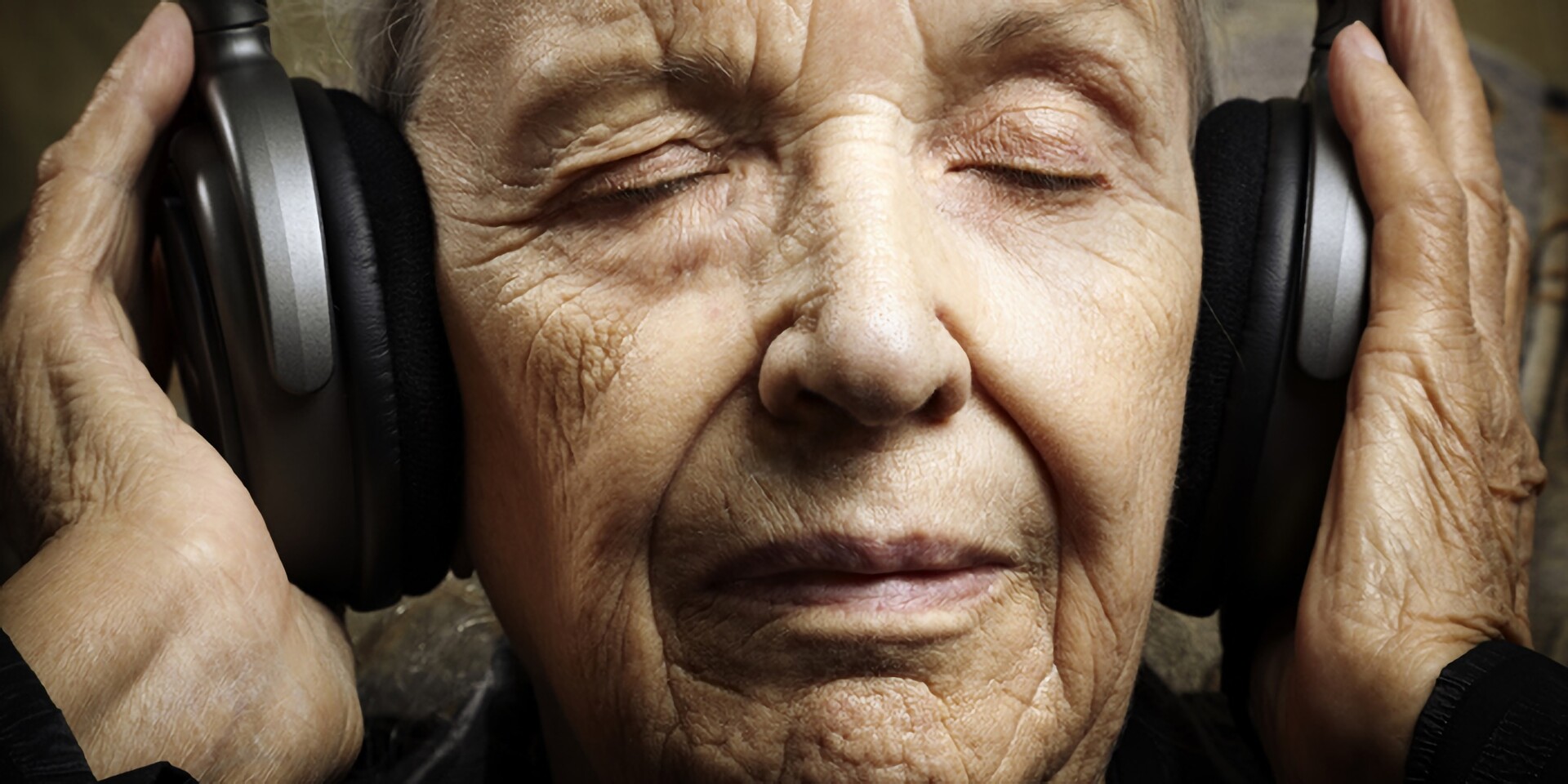Music Therapy
Music therapy is the prescribed use of music by a qualified person to effect positive changes in the psychological, physical, cognitive, or social functioning of individuals with health or educational problems.
Music therapists assess emotional well-being, physical health, social functioning, communication abilities, and cognitive skills through musical responses; design music sessions for individuals and groups based on client needs using music improvisation, receptive music listening, song writing, lyric discussion, music and imagery, music performance, and learning through music; participate in interdisciplinary treatment planning, ongoing evaluation, and follow up.
Children, adolescents, adults, and the elderly with mental health needs, developmental and learning disabilities, Alzheimer's disease and other ageing related conditions, substance abuse problems, brain injuries, physical disabilities, and acute and chronic pain, including mothers in labour.
Music therapists generally work in psychiatric hospitals, rehabilitative facilities, medical hospitals, out-client clinics, day care treatment centres, agencies serving developmentally disabled persons, community mental health centres, drug and alcohol programs, senior centres, nursing homes, hospice programs, correctional facilities, halfway houses, schools, and private practice.
The idea of music as a healing influence which could affect health and behaviour is as least as old as the writings of Aristotle and Plato. The 20th century discipline began after World War I and World War II when community musicians of all types, both amateur and professional, went to Veterans hospitals around the country to play for the thousands of veterans suffering both physical and emotional trauma from the wars. The clients' notable physical and emotional responses to music led the doctors and nurses to request the hiring of musicians by the hospitals. It was soon evident that the hospital musicians needed some prior training before entering the facility and so the demand grew for a college curriculum. The client or client does not need to have any particular music ability to benefit from music therapy - there is no one particular style of music that is more therapeutic than all the rest. All styles of music can be useful in effecting change in a client or client's life. The individual's preferences, circumstances and need for treatment, and the client or client's goals help to determine the types of music a music therapist may use.
Healthy individuals can also use music for stress reduction via active music making, such as drumming, as well as passive listening for relaxation. Music is often a vital support for physical exercise. Music therapy assisted labour and delivery may also be included in this category since pregnancy is regarded as a normal part of women's life cycles. Music is used in general hospitals to: alleviate pain in conjunction with anaesthesia or pain medication: elevate clients' mood and counteract depression; promote movement for physical rehabilitation; calm or sedate, often to induce sleep; counteract apprehension or fear; and lesson muscle tension for the purpose of relaxation, including the autonomic nervous system.
Music is used with elderly persons to increase or maintain their level of physical, mental, and social/emotional functioning. The sensory and intellectual stimulation of music can help maintain a person's quality of life.
Music therapists are often hired in schools to provide music therapy services listed on the Individualised Education Plan for mainstreamed special learners. Music learning is used to strengthen non-musical areas such as communication skills and physical coordination skills which are important for daily life.
Music therapy allows persons with mental health needs to: explore personal feelings, make positive changes in mood and emotional states, have a sense of control over life through successful experiences, practice problem solving, and resolve conflicts leading to stronger family and peer relationships.
The Bonny Method of Guided Imagery and Music (known as GIM) was developed by music therapist Dr. Helen Bonny. It is a music-cantered therapeutic process to access the human psyche and lead to self-actualisation and healing. GIM involves imaging to music in an alternate state of consciousness while sharing the imagery experience with a trained guide/therapist. When used as a therapeutic tool, GIM can lead to a deep uncovering of hidden emotional responses and stimulate creative insights.
Since music therapists serve a wide variety of persons with many different types of needs there is no such thing as an overall typical session. Sessions are designed and music selected based on the individual client's treatment plan.




